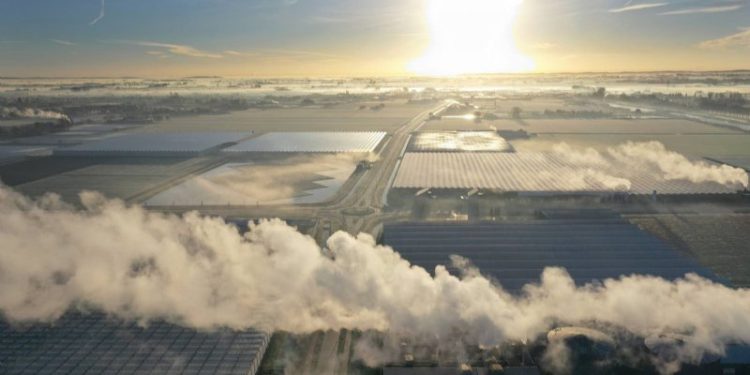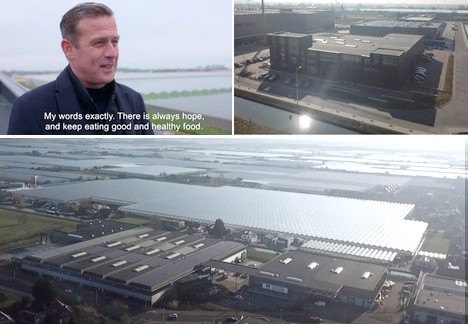In this article, we explore the proposal by Jetten, a prominent figure in the agricultural sector, to set stricter CO2 emission targets for the greenhouse industry. Drawing on the latest data from sources such as Nieuwe Oogst, we examine the implications of these proposed measures and discuss their significance for farmers, agronomists, agricultural engineers, farm owners, and scientists involved in greenhouse cultivation.
According to a recent report by Nieuwe Oogst, Jetten has put forward a proposal to tighten the CO2 emission targets for the greenhouse industry. This move aims to address the pressing need for greenhouse gas reduction and align with sustainability goals in agriculture.
Data from various studies emphasize the significance of reducing greenhouse gas emissions in the agricultural sector. Greenhouse cultivation, while vital for crop production, contributes to CO2 emissions due to energy-intensive operations such as heating, lighting, and ventilation. Stricter emission targets encourage the industry to adopt more sustainable practices, mitigating climate change impacts and fostering environmental stewardship.
The proposal by Jetten signifies a call for the greenhouse industry to enhance energy efficiency, explore renewable energy sources, and invest in technologies that minimize carbon footprints. This includes the adoption of energy-saving measures, such as improved insulation, LED lighting, and advanced climate control systems, which can significantly reduce CO2 emissions while maintaining optimal growing conditions.
Furthermore, the proposal underscores the importance of transitioning to low-carbon energy sources. Integrating renewable energy technologies, such as solar panels, wind turbines, or geothermal systems, can not only help greenhouse growers meet stricter emission targets but also lower energy costs and contribute to a more sustainable energy landscape.
In conclusion, Jetten’s proposal for stricter CO2 emission targets in the greenhouse industry signals a significant step towards sustainable agriculture. By embracing energy-efficient practices and transitioning to low-carbon energy sources, greenhouse growers can reduce their environmental impact, enhance resource efficiency, and contribute to global climate change mitigation efforts. The implementation of these measures requires collaboration, innovation, and a commitment to long-term sustainability.
Tags: Greenhouse Industry, CO2 Emission Targets, Sustainability, Climate Change Mitigation, Energy Efficiency, Renewable Energy, Environmental Stewardship.












